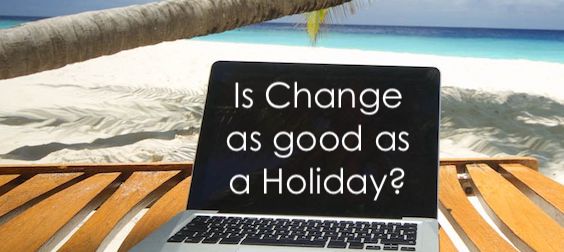Today’s post is about the 2024 National Frontline Mental Health Conference.
On Monday 4th and Tuesday 5th of March, I was privileged to attend this mental health conference. This annual conference is hosted by the Australian and New Zealand Mental Health Association.
About –
Frontline workers are heroes of our community with specific and special requirements when it comes to psychological safety, seeking help when it’s needed and challenging systemic stigma, harassment and bullying.
This conference was all about sharing research, innovations and treatment techniques from mental health experts. It was an opportunity to meet with fellow sector workers and hear from sector leaders about improving the mental health care and wellbeing of people on the frontline, the first responders – during training, whilst serving and in post-service.
Personal highlights –
There were many great speakers sharing the latest research, case studies and industry policies. For me, the two standout presenters were Dr Nikki Jamieson and Derrick McManus.
Listening to Dr Nikki was heart breaking. She told us about her son, who was in the military, took his own life out of frustration over his poor treatment in the Army. This experience led her to become a suicidologist for the Australian Defence Force. A suicidologist is someone who studies suicide, suicidal and life-threatening behaviours, as well as suicide prevention.
Dr Nikki spoke about her passion, which is “moral trauma/ injury”. This is when a person is forced, due to circumstances, to do something that breaches their internal moral code. These kinds of injuries happen every day, but for some, there are injuries that are longer lasting than others.
Moral injury is thought to be closely related to burnout and may even be the same condition. Neither of these conditions are yet recognised in this country. However, Nikki is very hopeful one or both will be added to the next versions of the ICD (international classification of diseases) and the DSM (diagnostic and statistical manual of mental disorders). This will mean that organisations will have to recognise that these mental injuries are real and begin taking steps to reduce their incidence, as they do with any other W.H & S process.
Derrick McManus’s story was from the other side of the spectrum. He was a counter terrorist operator in the South Australian Special Tasks and Rescue Group. In 1994, he was shot 14 times in less than 10 seconds by an offender using an automatic rifle. An ambulance finally got to him after 3 hours and the bullets were still flying around. The paramedic thought he was dead, only stopping to check him just in case. Amazingly he survived against all odds and is now sharing his mental well-being methodology with others. He spoke very strongly about post traumatic growth and how his planning for the worst before it happened, helped him get through when the worst happened.
Derrick has since founded the Australian Center for Human Durability – The Ability to go Beyond Resilience to Sustainable Optimal Performance. He works with police, the Army and the RAAF, including fighter pilots, with great success. His methodologies apply equally to the general public too.
Overall, I found this conference to be inspirational. It was great to speak with like-minded people who are so invested in the mental well being of our society’s frontline, first responders.
Till the next post,
Live clean n Prosper



